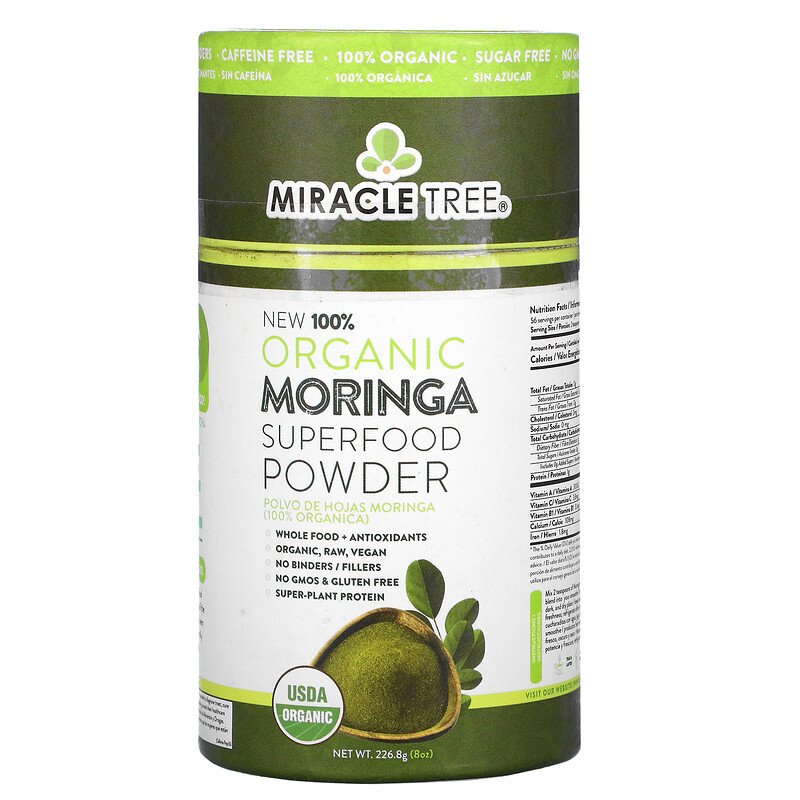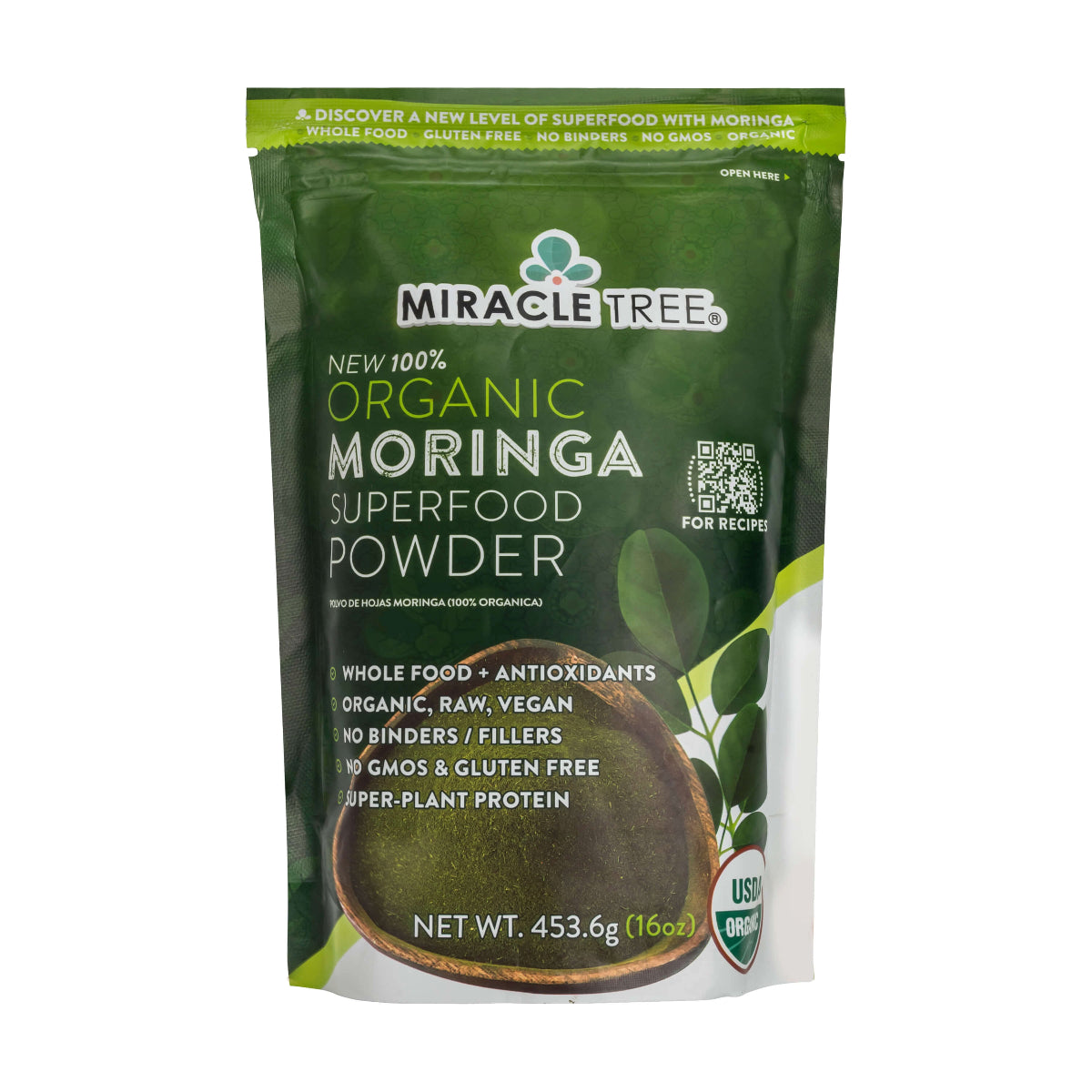November is National Gratitude Month, a time to reflect on the things we are thankful for and cultivate a sense of appreciation in our lives. One way to enhance our gratitude practice is by incorporating moringa into our daily routine. Moringa, also known as the "miracle tree," is a nutrient-rich plant that offers numerous health benefits. In this blog post, we will explore the connection between moringa and gratitude and how this powerful plant can contribute to our overall well-being.
What is Moringa?
Moringa is a tropical tree native to South Asia and Africa. It has been used for centuries in traditional medicine due to its various healing properties. The leaves, seeds, and oil of the moringa tree are all highly nutritious and offer a wide range of health benefits.
Health Benefits of Moringa
Moringa is packed with essential vitamins, minerals, and antioxidants that support overall health. Here are some of the key benefits of incorporating moringa into your diet:
- Rich in nutrients: Moringa leaves are a good source of vitamins A, C, and E, as well as calcium, potassium, and iron.
- Boosts immune system: The high concentration of antioxidants in moringa helps strengthen the immune system and protect against infections.
- Improves digestion: Moringa leaves have been traditionally used to treat digestive disorders due to their anti-inflammatory and antimicrobial properties.
- Supports brain health: Moringa contains compounds that may enhance brain function and improve memory and focus.
- Reduces inflammation: The anti-inflammatory properties of moringa can help alleviate symptoms of chronic inflammation and related conditions.
Gratitude and Moringa
Practicing gratitude involves acknowledging and appreciating the good things in our lives. Moringa can enhance our gratitude practice by promoting overall well-being and providing us with the energy and vitality to fully experience and enjoy life.
When we consume moringa, we nourish our bodies with essential nutrients, which can have a positive impact on our physical and mental health. This, in turn, allows us to feel more grateful for the functioning of our bodies and the ability to engage in daily activities.
Moringa's ability to reduce inflammation and support brain health can also contribute to a more positive mindset. When our bodies are in balance, we are better equipped to handle stress and focus on the things we are grateful for.
Furthermore, moringa's digestive benefits can improve our overall well-being, allowing us to fully enjoy the food we eat and appreciate the nourishment it provides.
Sources:
- Smith, A. (2021). The Health Benefits of Moringa. Healthline. Retrieved from [insert source link]
- Jones, B. (2021). Moringa: A Nutritional Powerhouse. Medical News Today. Retrieved from [insert source link]
- Johnson, C. (2021). The Science Behind Gratitude. Psychology Today. Retrieved from [insert source link]
In conclusion, incorporating moringa into our daily routine can enhance our gratitude practice and contribute to our overall well-being. By nourishing our bodies with the powerful nutrients found in moringa, we can cultivate a sense of appreciation for the functioning of our bodies and the ability to experience life to the fullest. Let us embrace National Gratitude Month by incorporating moringa and gratitude into our lives.







